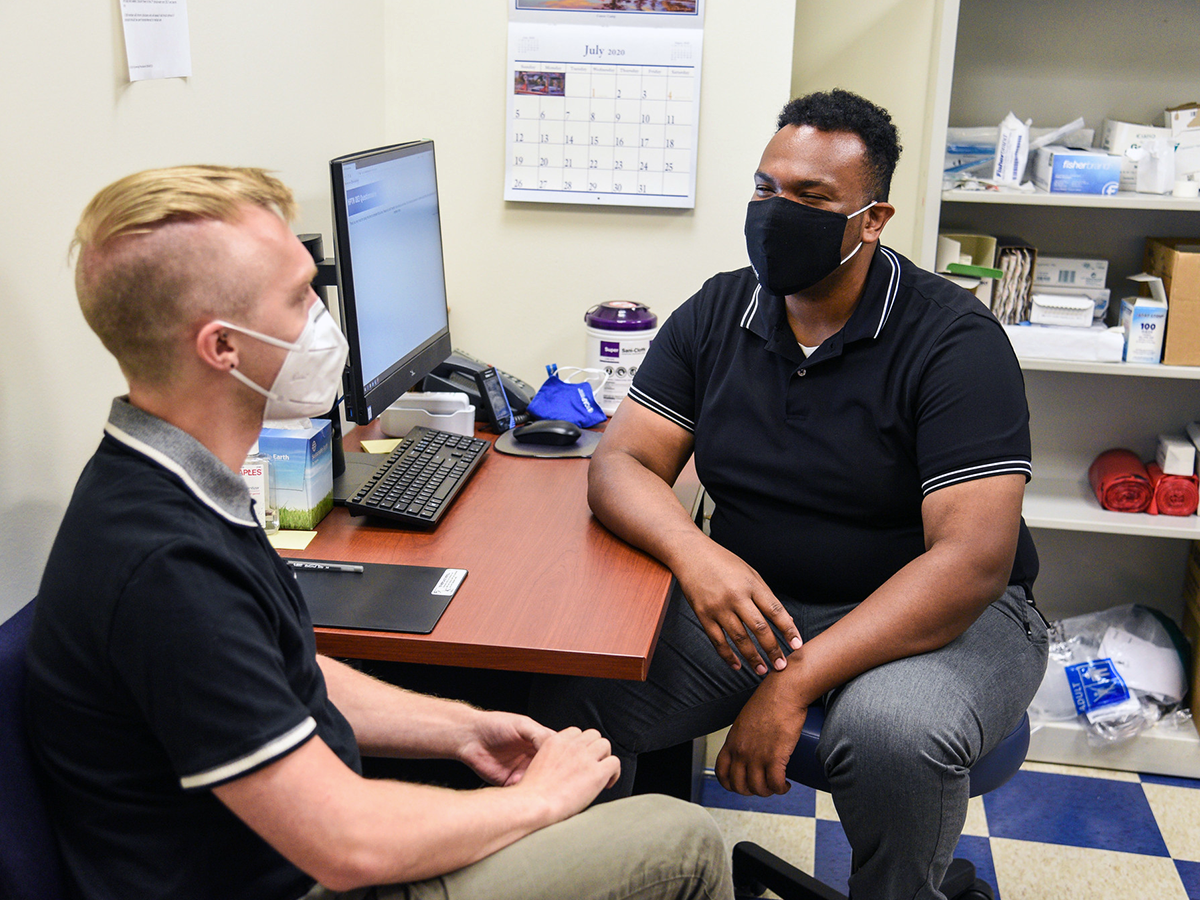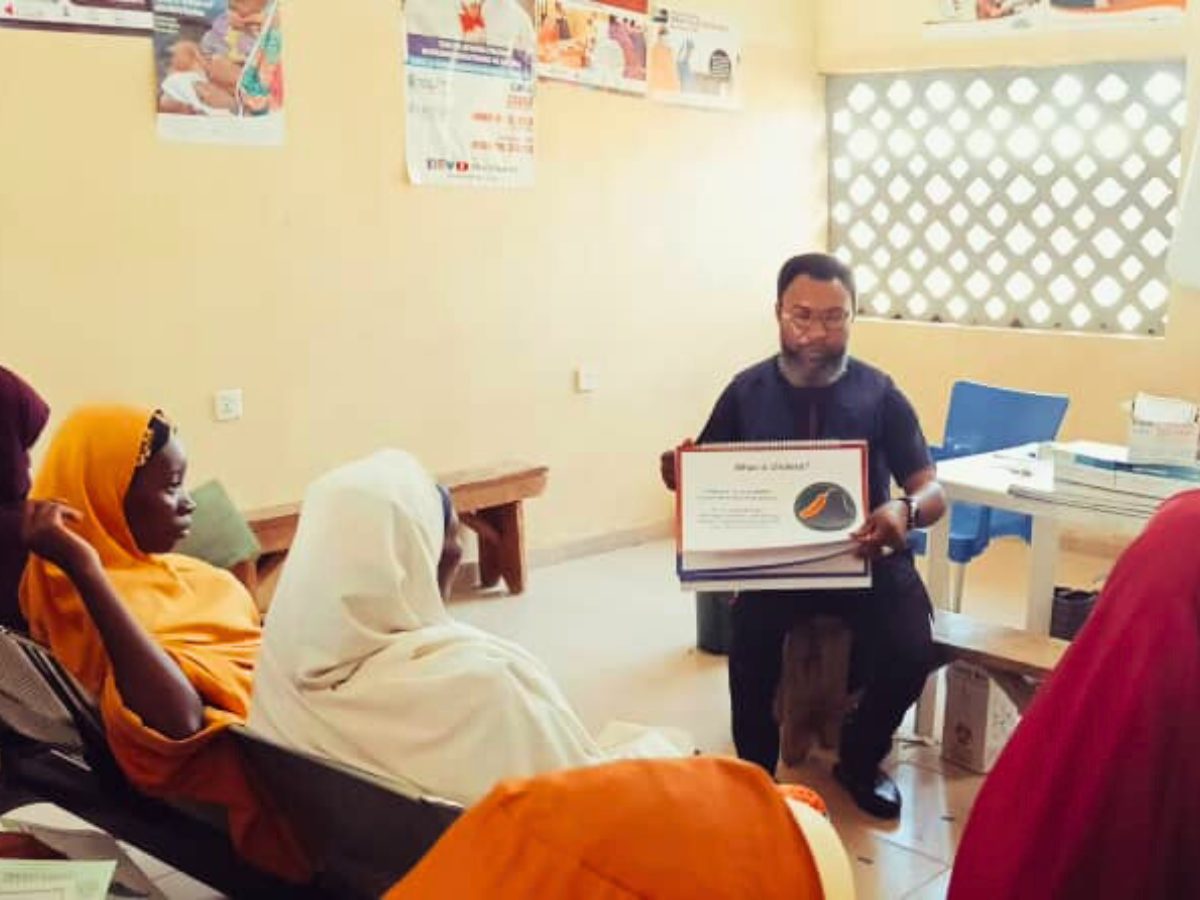On November 10, two experts in vaccine study design and implementation discussed the current state of clinical research toward a COVID-19 vaccine in a highly engaging webinar co-sponsored by ICAP, the Treatment Action Group and the COVID-19 Working Group – New York. Topics included what initial phase II and phase III COVID-19 vaccine trial data are revealing, understanding the current landscape of vaccine development and approval, and how a vaccine can change the course of the pandemic.
Based at the University of Maryland School of Medicine, Katherine M. Neuzil, MD, MPH, FIDS, director of the center for vaccine development and global health, provided an overview on the complexity of vaccine development and the current landscape of COVID-19 vaccines.
“Generally, for many vaccines, we have to justify them based on burden of illness and I think we can all agree there is no justification needed for a COVID-19 vaccine.” said Neuzil. “We desperately need a vaccine, we’re at 50 million+ cases, 1.2 million + deaths – this is the leading cause of death by any single pathogen, in the world this year, and we’re not close to the end of the year.”
Neuzil outlined the traditional vaccine development process which can take 15-20 years to complete. For COVID-19, however, this lengthy timeline has been reduced to 12-18 months due to existing knowledge of the coronavirus spike protein sequence based on decades of research from similar viruses (e.g. SARS-1, MERS), improved manufacturing processes and the ability to start manufacturing in parallel to vaccine development, and the ability to prepare for phase II and III trials at the onset, in phase I.
Currently, the two leading vaccine candidates are the Moderna and BioNTech-Pfizer messenger RNA (mRNA) vaccines. Neuzil shared that both vaccines are showing promising results but require two doses to get fully functional, antibody responses to stop the growth of the virus. For the Moderna vaccine, the response after two doses is as good or better than people recovering from COVID-19 and is also highly protective in non-human primates. The BioNTech-Pfizer vaccine is demonstrating high efficacy among participants with symptomatic, laboratory-confirmed COVID-19 infection.
Holly Janes, PhD, professor of vaccine and infectious disease and public health sciences, Fred Hutchinson Cancer Research Center, delved into the details of the Coronavirus Prevention Network’s (CoVPN) work on the COVID-19 vaccine trials, including how participants were randomly selected, how the trial is carried out, and a two year follow-up plan with participants.
Janes also provided an overview on how vaccine efficacy will be analyzed, including a projected impact that all vaccines will reduce COVID-19 disease by 50% in a population over a year’s time. Another key component of the program is identifying the immune response that is developed after vaccine-induced protection.
“If we can generate evidence around the immune response generated by these vaccines that predicts the level of efficacy associated with these vaccines, this would rapidly accelerate vaccine development and enable future trials to be done using several hundred persons instead of tens of thousands,” said Janes. “Understanding correlates of protection is really critical for bridging vaccine efficacy for populations not included in the initial trial including adolescents and pregnant women.”
Overall, both speakers reinforced the need for safe and effective vaccines that are accessible, affordable, and globally available. Currently, there are several promising candidates for the COVID-19 vaccine, however, challenges remain in understanding immunity around the disease and how the trajectory of the outbreak will continue in future months. Once the vaccines have been approved for public distribution, the focus needs to shift towards putting systems and processes in place to adequately distribute and ensure uptake, especially for priority groups and populations in supply-constrained areas.
For more information, watch the full recording of the webinar here.
A major global health organization that has been improving public health in countries around the world for over 15 years, ICAP works to transform the health of populations through innovation, science, and global collaboration. Based at Columbia University in New York City, where it is part of the Mailman School of Public Health, ICAP has projects in more than 30 countries, working side-by-side with ministries of health and local partners to confront some of the world’s toughest health challenges. Through meaningful research, tailored technical assistance, effective training and education programs, and rigorous surveillance to measure and evaluate the impact of public health interventions, ICAP aims to realize a global vision of healthy people, empowered communities, and thriving societies. Online at icap.columbia.edu







